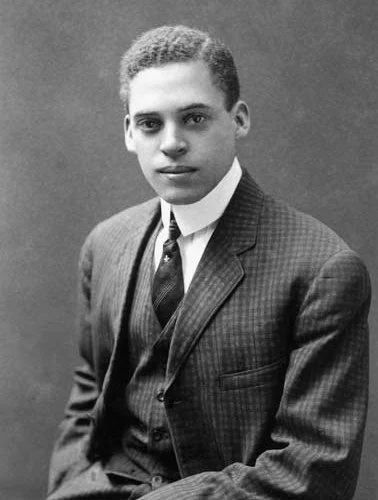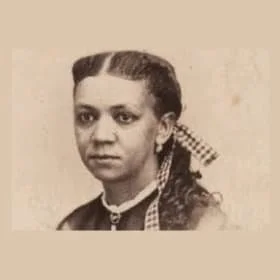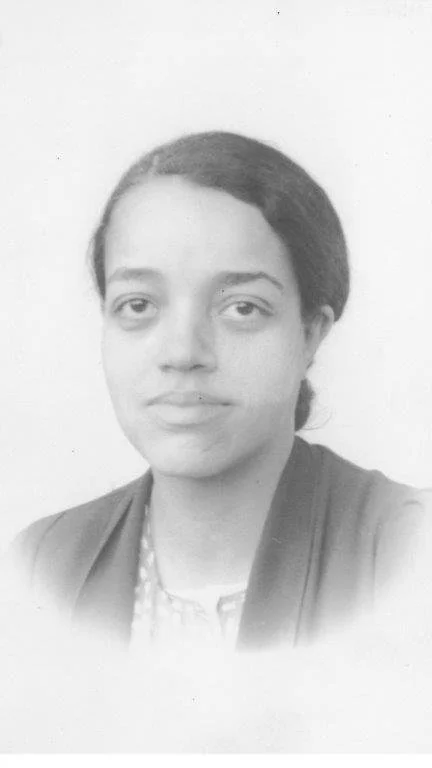Ernest Everett Just
Ernest Everett Just 1883 - 1941
Ernest Everett Just was more than a scientist. He was a pioneer in biology whose research led to countless discoveries and advancements impacting all of our lives today. Following the death of his father, Just’s family moved to South Carolina coastal island named James Island. There, Just attended a small school his mother founded.
Just left his James Island home to pursue higher education at the age of 12. Just attended the Colored Normal, Industrial, Agricultural, and Mechanical College of South Carolina. Today, that institution is known as South Carolina State University. The boy wonder graduated at the age of 15 and was fully certified to teach in Black schools in South Carolina.
Disinterested in becoming an educator, Just traveled to New England to attend Kimball Union Academy in New Hampshire. His next higher education experience came with his acceptance and enrollment to Dartmouth College (also in NH). While attending Dartmouth, Just studied history, the classics, literature, and what would become his legacy - biology
When Just graduated from Dartmouth, he was the only student in the entire graduating class to earn Magna Cum Laude status. He also earned honors distinction in botany, history, and sociology. Just’s love of biology was established during his time at Dartmouth immediately after he read a paper on fertilization in egg development. Following his successful time at Dartmouth, Just accepted a position researching and teaching English at Howard University, the historic D.C. area HBCU. Just later earned a Ph.D. in Experimental Embryology from the University of Chicago, one again graduating Magna Cum Laude. He then accepted University of Chicago’s request to run their Biology Department and subsequently became the first director of the university’s Zoology Department.
Just is best known for his innovative work on the physiology of development including fertilization, experimental parthenogenesis, hydration, cell division, dehydration in living cells, and ultraviolet carcinogenic radiation effects on cells. Due to Just’s advanced knowledge of how marine invertebrates reproduce in oceans and estuaries, he was able to closely match his lab to different organisms' natural habitat.
Despite his time being heavily invested in the laboratory, Just served as the editor of three scholarly journals. For all of this work, Just earned the inaugural NAACP Spingarn Medal for pioneering in cell division and fertilization in 1915. The Spingarn Medal was established by the NAACP in 1914 and is widely considered the most prestigious annual award given in Black America.
























